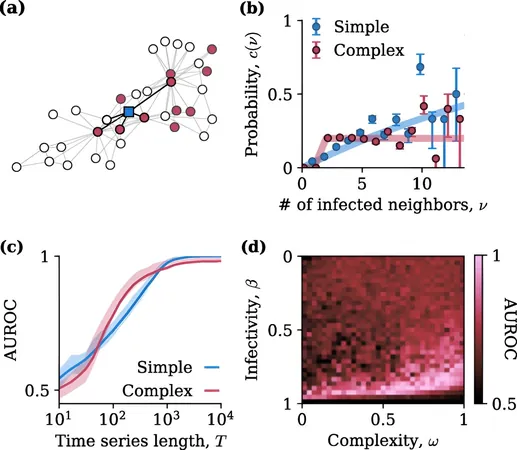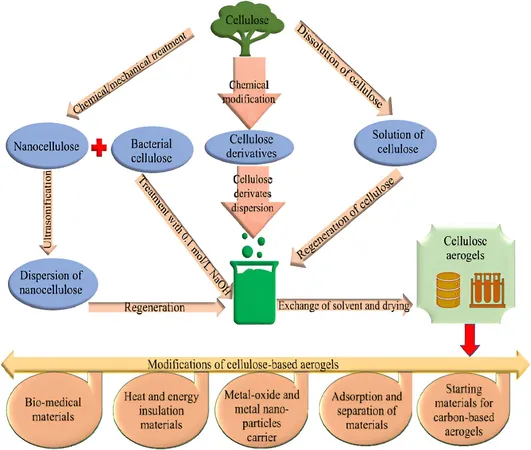
Are Ideas the New Viruses? How Human-Interaction Networks Shape the Spread of Illness and Information
2024-10-09
Author: Arjun
In the wake of the COVID-19 pandemic, the global medical community has made unprecedented advances in vaccine development and public health strategies aimed at controlling disease transmission. Yet, this crisis has also revealed a fascinating parallel: the contagion of ideas.
Mathematician and assistant professor Nicholas Landry is at the forefront of this exploration. Specializing in the dynamics of contagion, Landry investigates how the intricate structure of human interaction networks influences the spread of both illnesses and ideas. His research aims to elucidate the critical role that social connections play not only in disease transmission but also in the dissemination of thoughts and ideologies.
In his recent paper published in *Physical Review E* alongside colleagues from the University of Vermont, Landry employs a hybrid analytical approach to social networks. This new methodology not only infers social connections but also seeks to unveil the underlying mechanisms governing the spread of contagion and information.
"As we navigated through the pandemic, we gained access to more data than we've ever had concerning various diseases," Landry remarked. "The pivotal question now is, how can we leverage that data effectively? And what volume of data is necessary to discern the connections between individuals?"
Understanding the limitations of available data remains crucial, Landry emphasized. It is vital to gauge how confident we can be when applying epidemic models for predictive purposes.
His research indicates that reconstructing social networks and predicting their effects on contagion is considerably more attainable for certain diseases, such as SARS-CoV-2 and Mpox, than for highly infectious illnesses like measles or chickenpox. This discovery is significant as it sheds light on the varying complexities involved in understanding diverse contagions.
Interestingly, when it comes to the viral spread of trends and ideas, Landry posits that we may possess the capability to track these phenomena with greater accuracy than we do for diseases. With ideas spreading like wildfire across social media platforms, this insight could be revolutionary in future efforts to navigate both the pathways of contagion and the rampant spread of misinformation.
In an age where both health crises and information overload dominate, understanding these dynamics could be crucial for managing not just our physical health but also the integrity of our shared knowledge. So, the next time you scroll through social media, remember: much like a virus, ideas are contagious! Stay informed and critically engaged, because in the battle against misinformation, awareness could be your best defense.


 Brasil (PT)
Brasil (PT)
 Canada (EN)
Canada (EN)
 Chile (ES)
Chile (ES)
 España (ES)
España (ES)
 France (FR)
France (FR)
 Hong Kong (EN)
Hong Kong (EN)
 Italia (IT)
Italia (IT)
 日本 (JA)
日本 (JA)
 Magyarország (HU)
Magyarország (HU)
 Norge (NO)
Norge (NO)
 Polska (PL)
Polska (PL)
 Schweiz (DE)
Schweiz (DE)
 Singapore (EN)
Singapore (EN)
 Sverige (SV)
Sverige (SV)
 Suomi (FI)
Suomi (FI)
 Türkiye (TR)
Türkiye (TR)